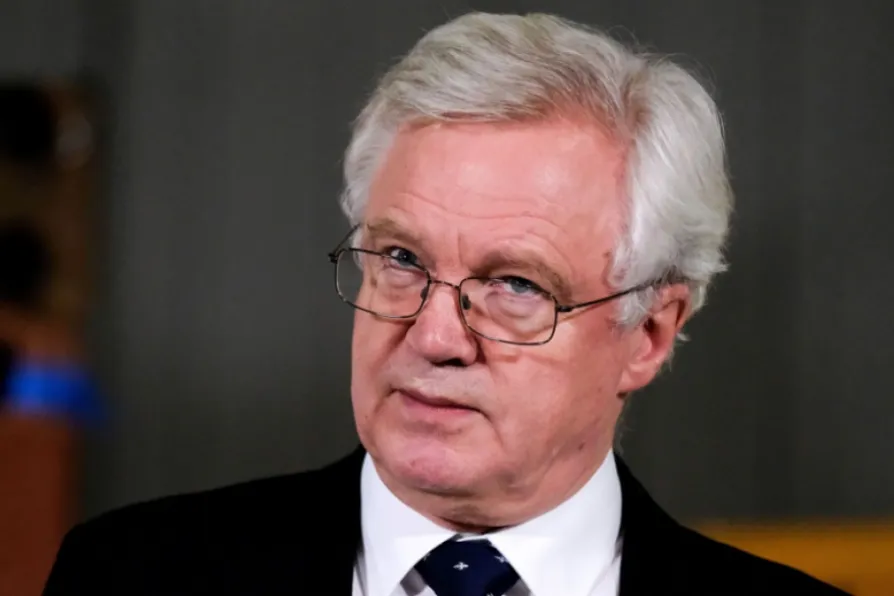
 Tory Brexit Secretary David Davis
Tory Brexit Secretary David Davis
ALREADY the Tory government’s EU exit transition deal looks to be unravelling as the strings become visible.
In reality, the agreement amounts to continued membership of the big business, “free” market club for 21 months after Brexit but without having any meaningful say in new EU policies that will be binding on Britain until the end of 2020.
The avowed purpose of a transitional arrangement was to avoid economic relations between Britain and the EU falling off a “cliff edge” the day after Brexit on March 29, 2019, as they moved from one basis to another as yet unknown.


















